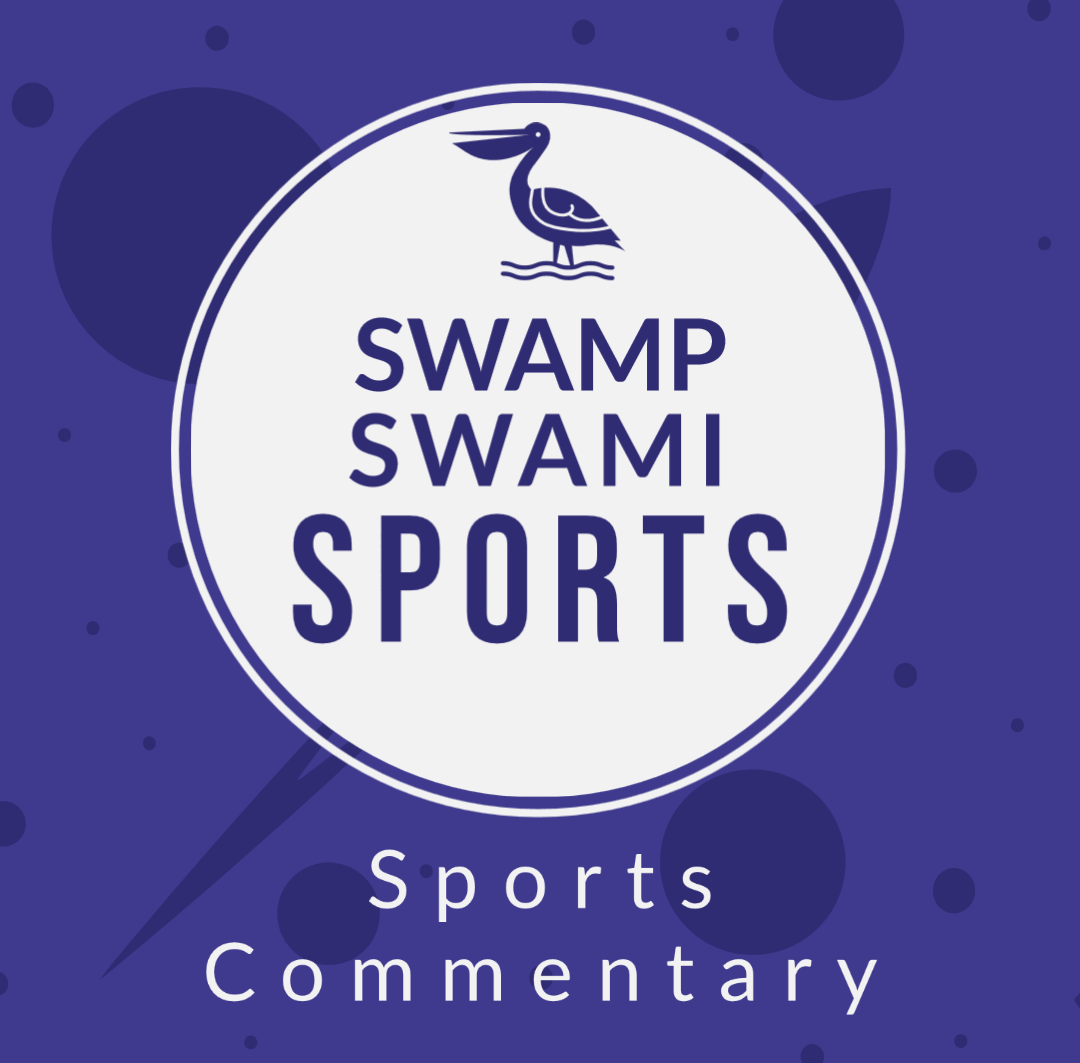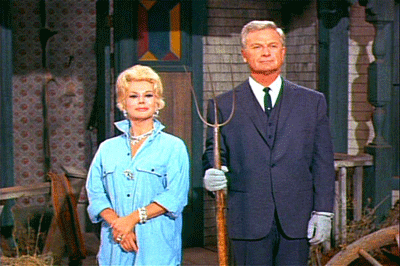If you have read many of my columns, you realize that LeBron James and I rarely agree on just about anything. The NBA’s self-annointed “King” has rubbed many people the wrong way, but everyone can agree that the man is a gifted basketball player.
Today, I found myself in rare agreement with the NBA’s most well-known current player when he spoke out about the myriad of issues surrounding the NCAA and the increasingly shady gamesmanship called college recruiting. The sports news has been filled in recent days with stories about college athletes who have been finding it monetarily advantageous to choose one school over another. Whether it has been agents, shoe companies, coaches, family members, friends, or even (gasp) the players themselves on the receiving end of monetary compensation for playing college sports, the vast levels of corruption are being exposed. Good! And nobody is completely shocked.
I have never been a fan of the NBA’s “one-and-done” rule as it applies to high school athletes attending a college for one season and then leaving school for a chance to play professional hoops. Coming out of high school, many highly-recruited athletes find themselves in a bidding “rental” war for their services (see also “Kentucky”). Many schools and coaches wanting to reach the promised land of the NCAA’s Final Four have found creative ways to entice some young men to attend their university by dangling cash and cash-equivalents in front of these players. Though this isn’t much of a surprise, it is sad nonetheless.
This is where LeBron James comes in. If there has ever been a more highly recruited high school player in recent memory, I can’t name him. James was a high school phenom in Akron, Ohio and was one of the last athletes who were drafted into the NBA coming out of high school. Though it worked out swimmingly for LBJ, most high school kids who jumped right into the NBA have not been as successful.
James spoke today about the sorry state of the NCAA and its Keystone Kops-like policing of college sports (basketball in particular).
“I’ve always heard the narrative that they get a free education, but you guys are not bringing me on campus to get an education, you guys are bringing me on it to help you get to a Final Four or to a national championship…the NCAA is corrupt, we know that. Sorry, it’s going to make headlines, but it’s corrupt.”
He added, “Me and my mom was poor I’ll tell you that and they expected me to step foot on a college campus and not to go to the NBA? We weren’t going to be poor for long, I’ll tell you that. That’s a fact.”
LeBron James should know. Based on the recent news disclosures about athletes and payoffs, the system is being exposed daily as being as corrupt as we all knew it was. James has advanced an idea which most of us have been advocating for a long time.
Basketball needs a farm system – much like baseball.
Though the NBA (or other affiliated entities) could easily institute such a minor league to develop professional talent, the league, the NCAA and college administrators have resisted. Why? Money, of course! If the NCAA colleges can make dollars while saving the NBA the costs of operating a pay-for-play development league, it was a win/win for those entities. That is how we have arrived at this big mess.
There have been a string of failed semi-professional basketball leagues. For 63 years ending in 2009, the Continental Basketball Association (CBA) served as the unofficial minor league of professional basketball. Smaller market franchises like the Sioux Falls Skyforce, Quad City Thunder, and Fort Wayne Fury gave basketball players a way to step-up to the NBA or, for others, a way to keep playing for a few more years. The league ultimately folded due to financial difficulties. The NBA eventually started its own developmental league (now called the “G” League) and helps with underwriting some of the costs.
Meanwhile, the NBA’s one-and-done rule has forced colleges to choose whether or not to take chances on signing players whose sole goal for college basketball was to use it as a prep league for the NBA the next season. Even the Duke Blue Devils (one of the nation’s foremost academic institutions) have found creative ways to bring in these hired hands for a season. If winning begets increased attention and higher revenues for the school, it’s a safe bet that some coaches/schools have been willing to turn a blind eye if the costs of recruiting some of those star players were offset by increased attendance and revenues.
LeBron James is advancing the idea that high school basketball players who have no desire for college be granted allowed to attend the “trade” school called minor league basketball instead of college. I totally agree.
Let’s pattern the basketball development league(s) in the same manner that professional baseball does.
If high school players enroll at a four-year college, they must complete three years to regain eligibility, unless they reach age 21 before starting their third year of attendance. Players who enroll at junior colleges regain eligibility after one year at that level.
It is high time for these high school basketball “majors” (those kids who have no intention on obtaining a degree yet) to take their roundball talents down to the farm (teams) and work to hone their trade. Hopefully, a few of them will work on increasing their free throw shooting percentages, too!
Green Acres is the place to be!

